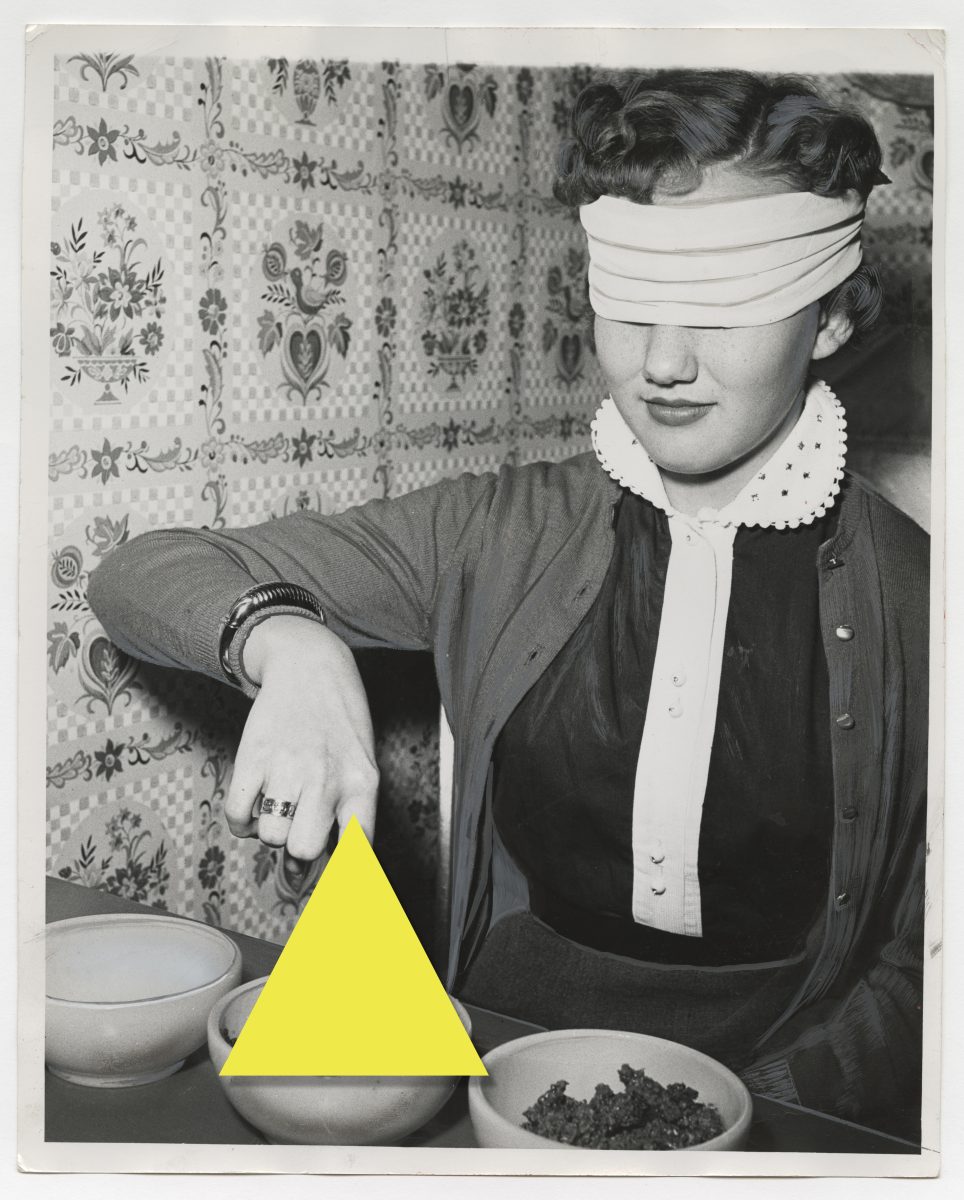-
work /
I’m Still Here, 2023
In Stealing the Mona Lisa British psychoanalyst Darian Leader takes the intriguing story of the Mona Lisa’s theft from the Louvre in 1911 as a starting point to explore the psychology of looking at visual art.
Curiously, the robbery led to an influx of visitors to the Louvre, who flocked there in large numbers to see the empty space where the painting once hung, including people who hadn’t previously visited the museum or expressed an interest in art. In his book, Leader argues that this may be explained by Freud’s early ideas about scopophilia (the pleasure of looking) which revolve around the notion that our visual curiosity is organized around something which is hidden or which escapes us. This exclusion, this absent feature, unleashes our curiosity – in an attempt to complete the image by revealing its hidden or absent parts.
Whilst I don’t fully subscribe to Freud’s views I do agree, however, that photography must model a way of seeing that is capable of withholding some ‘secrets’.
This series results from research and projects developed over the past 8 years with organisations such as prisons, legal medicine institutes and human rights organisations based in conflict zones.
Although the work itself does not deal with the themes covered by these earlier projects it explores, nonetheless, the ontological framework that underpins them, borrowing references from each project.
The geometric shapes hovering over the images are directly inspired on obscure suicide notes written on post-its researched at the Institute of Legal Medicine and Forensic Sciences (Portugal) or confusing ‘caption boxes’ used by historical newspapers to describe the contents of the photographs they are overlayed on top of. Similarly to these contexts the coloured geometric shapes are used here to obfuscate rather than reveal and describe.
The artwork titles are borrowed from the diaries of Scottish inmates or the letters of their partners, who expressed themselves in prison or regional slang to hide its meaning from prison guards.
Finally, the background images in these artworks are appropriated from high profile films from a bygone era that depict moments of high drama immediately prior to a major plot disclosure or revelation or vintage news photographs that depict events of major historical significance.
-

Cake iced with grief
-

Ya rained yar fists on me
-

Black as the Earl of Hell’s Waistcoat!
-

Wurds dinnae form frae le’ers, it’s aw jidst fizz
-

The baw’s on the slates
-

Whit’s fur ye’ll no go past ye
-

Whit’s fur ye’ll no go past ye
-

It’ll aw get sorted oot… oan Jeremy Kyle
-

It’ll aw get sorted oot… oan Jeremy Kyle
-

Bite the bullat
-

Some wear deadly smiles n grin like tumshie lanterns
-

Failing means yer playin!
-

Yer bum’s oot the windae!
-

Yer arse and parsley!
-

Peelie-wally bonnie lass
-

I’ll gie ye a skelpit lug!
-

She’s up to high doh
-

Don’t be a wee clipe!
-

Hell mend ye
-

It’s a sair ficht for half a loaf
-

Wha cares?
-

Keeking Tom
-

She’s up to high doh
-

Guid gear comes in sma’ bulk
-

Guid gear comes in sma’ bulk
-

Wurds dinnae form frae le’ers, it’s aw jidst fizz
























